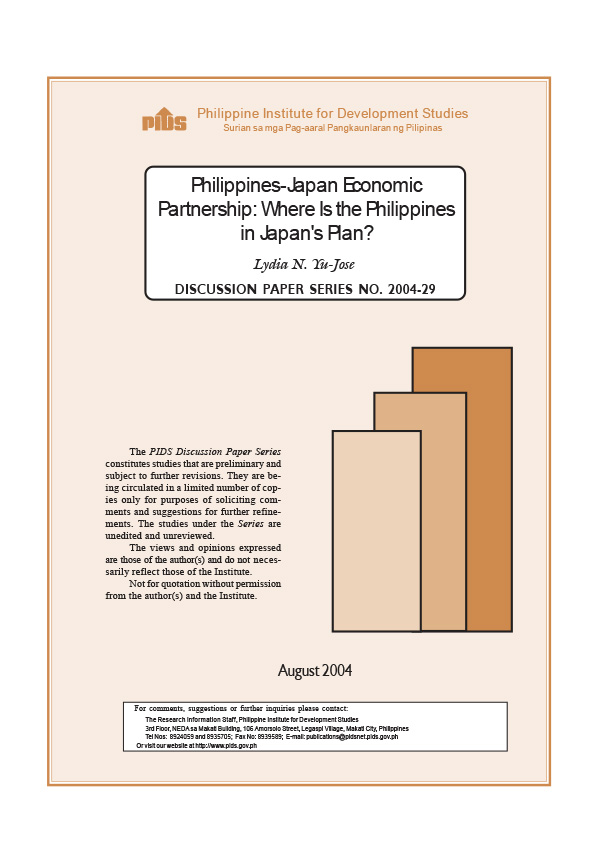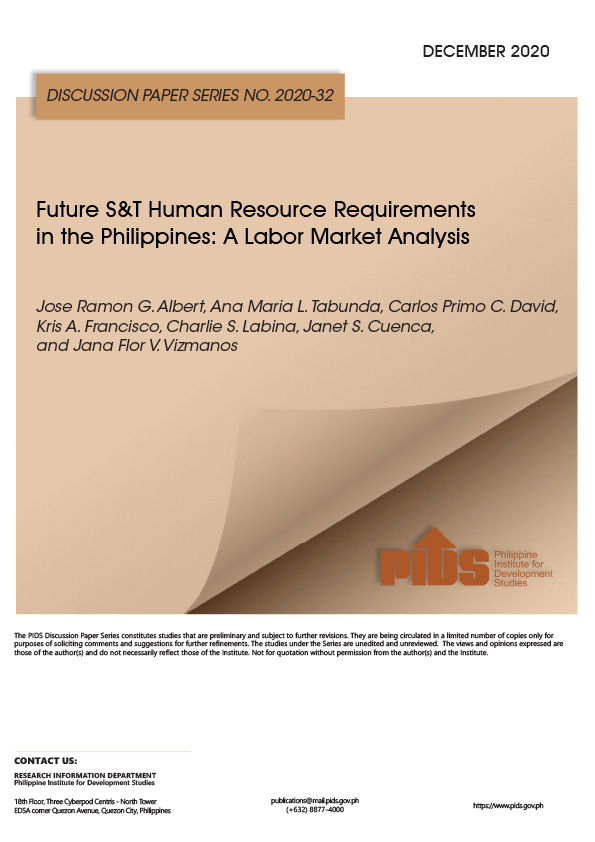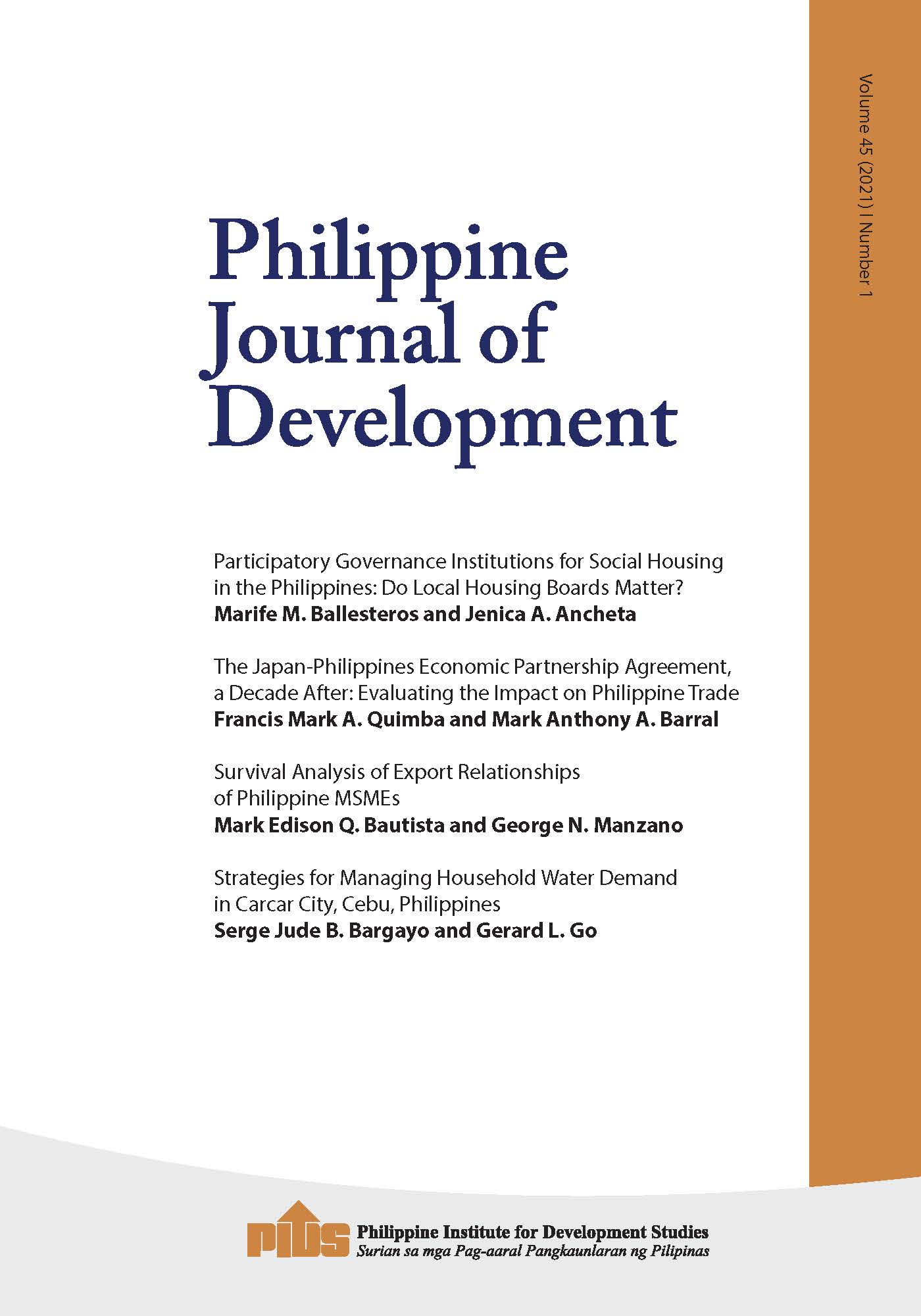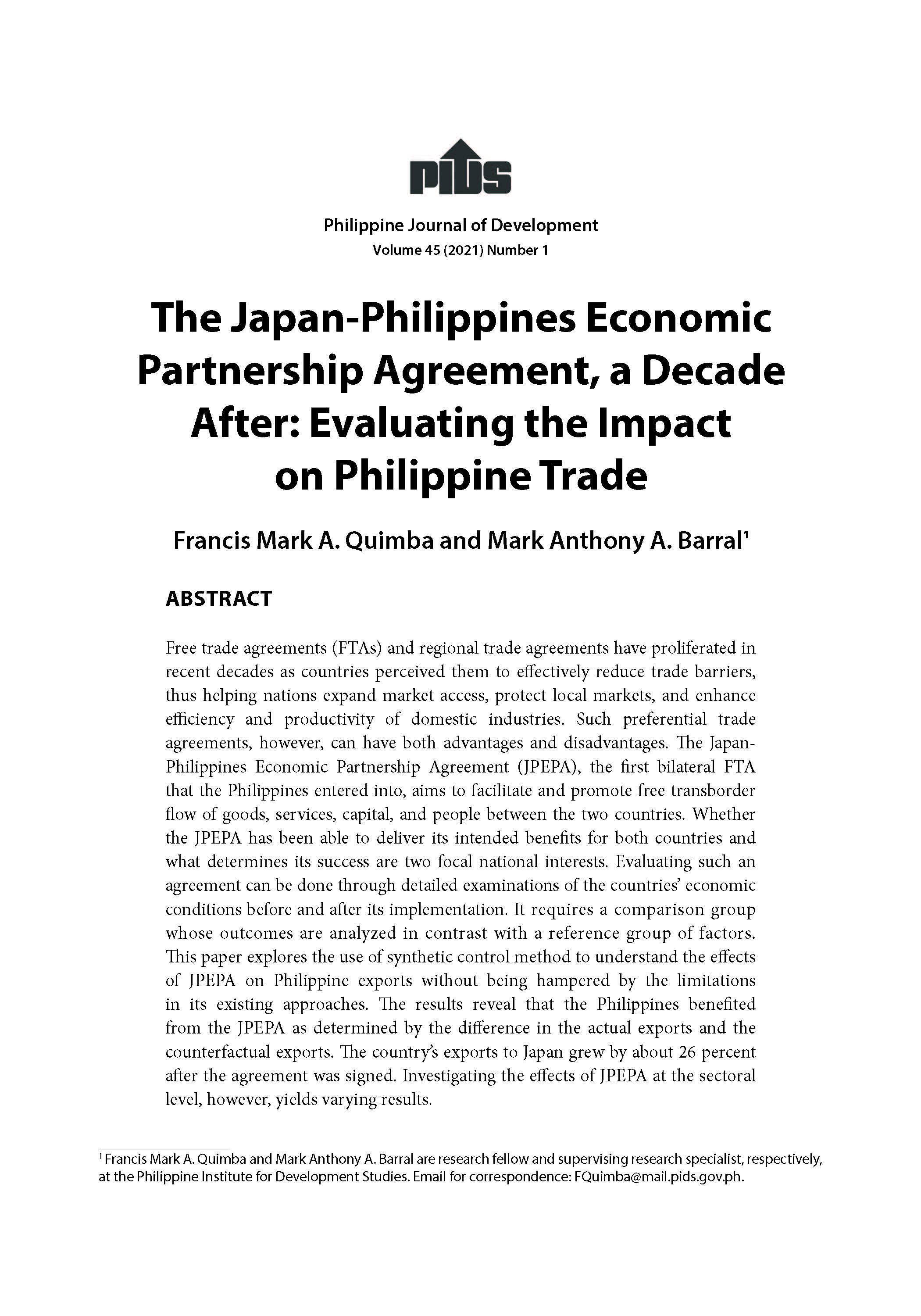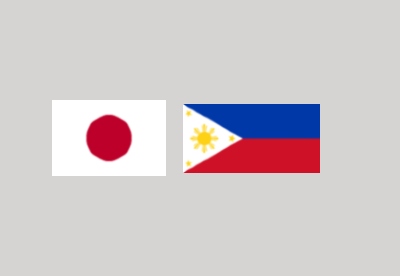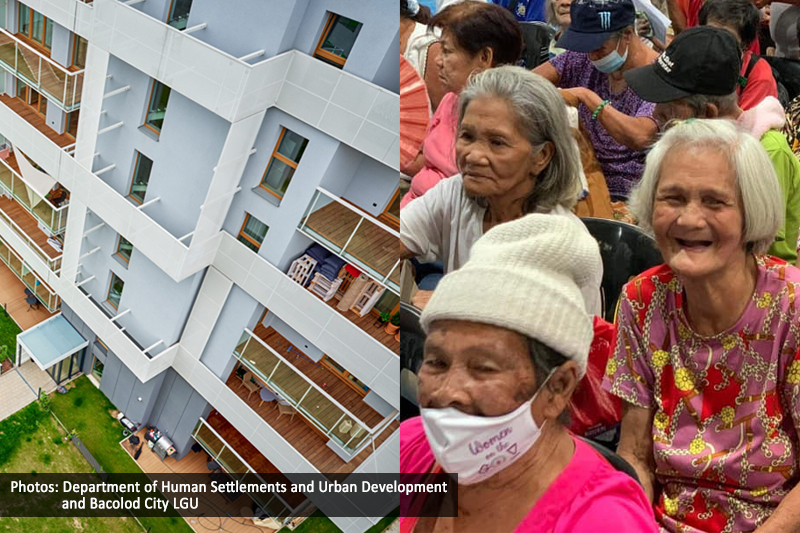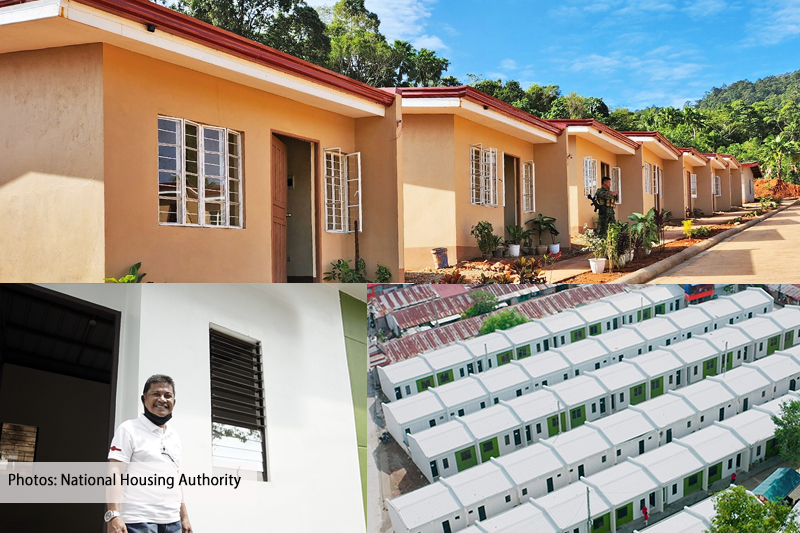Going by the statements of the Japan Ministry of Foreign Affairs, Japan鈥檚 top priority with regards to regional and bilateral economic partnerships (EPA) is to carryout the framework of its EPA with ASEAN by 2012 or earlier. It must be stressed that Japan is economically interested in the whole Southeast Asia, and not in any single country in it. This is because the Southeast Asian market is big, but the market of a single country in it is small. Japan鈥檚 next target is Mexico, since Mexico has concluded a number of EPAs with other partners, thus greatly disadvantaging Japanese enterprises. Japan has a wait and see attitude towards EPA with China, South Asia, Australia, New Zealand, and Chile. It has an open mind towards EPA with Hong Kong and Africa, but it deems EPAs with the U.S., Taiwan, and Russia a remote possibility. Official negotiations between Japan and the Philippines may speedily see successful conclusion because of several complementarities between Japanese and Philippine interests. (1) The Philippine interest in sending nurses and/or caregivers to Japan responds to the problem of increasing number of Japanese senior citizens. (2) If Filipino nurses/caregivers learn Nihongo, this will fit nicely Japan鈥檚 cultural aim of spreading the use of Nihongo outside of Japan. Even if Filipino nurses do not learn Nihongo, as long as they can speak good English, this would still fit Japan鈥檚 goal of further internationalization. (3) Filipino expertise in IT also meets Japan鈥檚 goal of improving its IT. Japan would rather get Filipino IT professionals and experts in other fields, rather than other Southeast Asians. This is because Filipinos are perceived to be easier to train and to have better English capability than most other Southeast Asians. The Philippines has a competitive edge over other Southeast Asian countries in the area of exportation of human resources to Japan.

